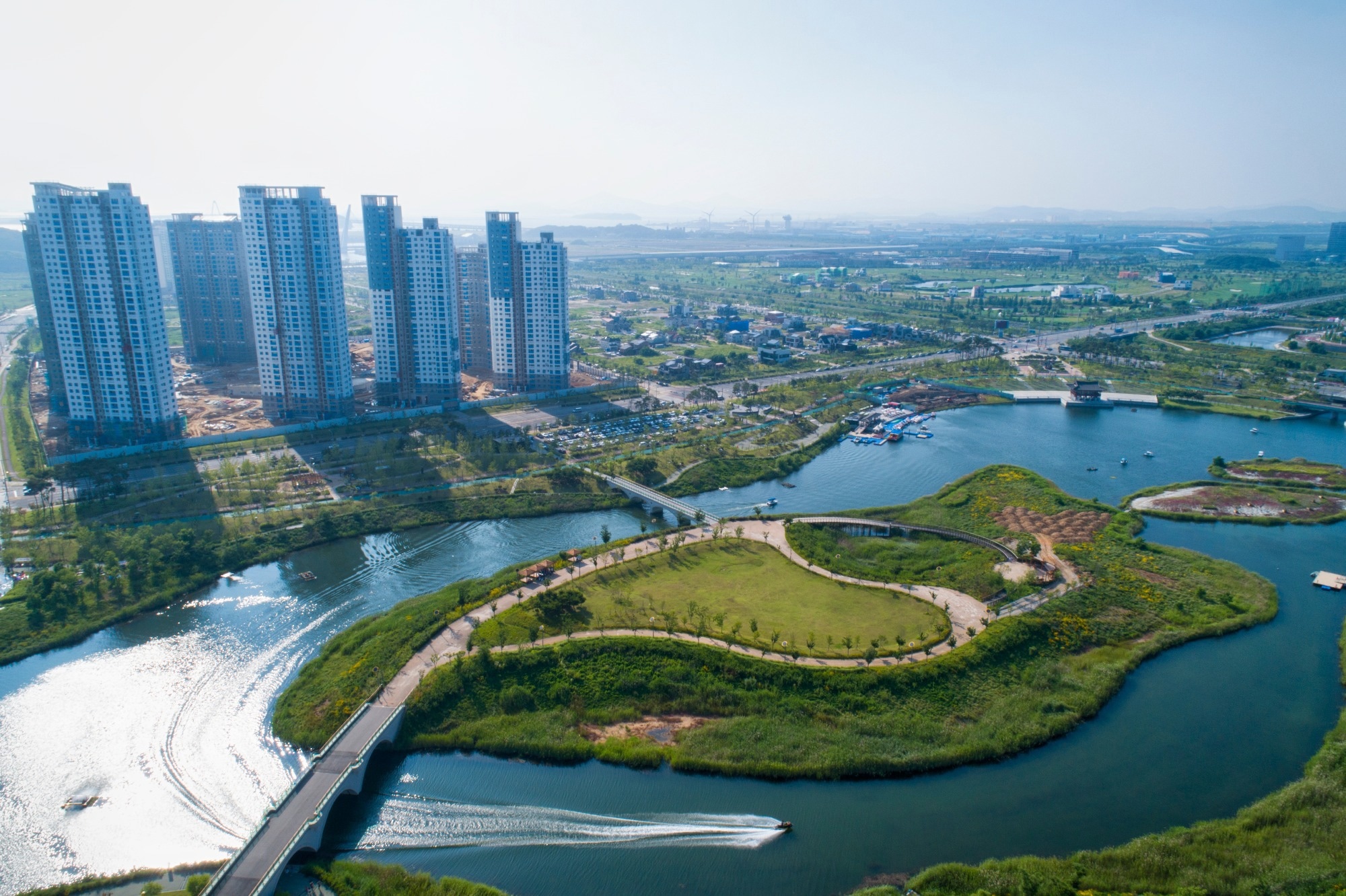In an article published in the journal Scientific Reports, researchers from China proposed an innovative framework for assessing urban park management using social media data and deep learning techniques. They analyzed visitors' online comments on seven parks in Wuhan City, China, and evaluated the parks’ performance in various management aspects, such as safety, environment, facilities, services, and activities. Additionally, they identified the main challenges in park management and provided improvement suggestions.
 Study: Urban Park Management Through Social Media and Deep Learning. Image credit: WIJI/Shutterstock
Study: Urban Park Management Through Social Media and Deep Learning. Image credit: WIJI/Shutterstock
Background
Urban parks serve as vital components of the public environment, offering space for leisure, recreation, and fitness activities for residents while enhancing the green space and ecological balance of cities. Effective urban park management is essential for ensuring their proper functioning and enhancing the quality of services. However, traditional methods of park management assessment, such as questionnaire surveys, on-site observation, and expert assessments, have limitations, including being time- and labor-intensive, subjective, and inadequate for capturing long-term dynamic changes.
The rise of technology, social media, and smart devices has introduced new data sources, making the utilization of social media data for park research a highly effective and practical approach. Through social media platforms, users share various types of data, such as photos, comments, and check-ins, offering a comprehensive understanding of their perceptions, evaluations, usage patterns, and needs regarding parks. This data is characterized by its real-time nature, large volume, and multidimensional attributes, providing park management insights to enhance both the quality of services and overall management practices.
About the Research
In the present paper, the authors designed a new system for the effective assessment of parks based on deep learning text mining at the meso, macro, and micro levels. Their methodologies use a data-driven technique to comprehensively evaluate the performance of the park in various management aspects by analyzing the users’ social media comments and showing the results. The main components of the framework are:
- The data collection and pre-processing module automatically extracts and cleans social media data to ensure its accuracy and reliability for subsequent analysis.
- The training module utilizes a deep learning multi-text classification model to classify visitor comments from different perspectives, such as facilities and environment.
- The data analysis and processing module employs feature word extraction and sentiment analysis to extract information from comments and quantify sentiment scores.
- The visualization module graphically displays the results to visually present park management problems.
The study selected seven representative urban parks and collected 26,195 historical comments from January 2018 to May 2023 from Dazhong Dianping, which is a renowned service rating website for restaurants and tourism in China. Utilizing the cloud-based deep learning tool Baidu EasyDL platform, the comment data underwent pre-processing and classification into six categories: service, facilities, environment, activities, safety, and invalid. The sentiment analysis results were then integrated with the comment classification outcomes for further analysis of sentiment orientation regarding different management issues.
Research Findings
The outcomes showed that the analysis of the comment data using the newly developed framework obtained the following:
- The sentiment scores of the seven parks ranged from 7.36 to 9.47, reflecting varying levels of visitor satisfaction and park performance. Jiefang Park and Wuhan Zoo attained the highest and lowest sentiment scores, respectively. The sentiment scores were also influenced by the socio-economic factors of the areas, such as education level and income.
- The sentiment scores showed temporal trends and seasonal patterns, which were affected by factors such as park management, facility updates, and seasonal changes. For example, the score of Wuhan Zoo lowered during the renovation and closure of the park. These results suggest that park management should change as per the actual situation.
- The performance of different parks in different management issues and the focus of visitors on different park management issues varied. For example, Zhongshan Park received good environmental ratings, while Yuehu Park and Guishan Park scored high on safety management. Wuhan Zoo, Shahu Park, Jiefang Park, and Yellow Crane Tower Park showed high scores on activities. Among all management issues, visitor satisfaction was low with safety-related issues, particularly Zhongshan Park, which had a sentiment score as low as 4.8 for safety. These results reveal the diverse public demand for parks and the need for park managers.
- Feature words extracted from positive and negative comments revealed specific hotspots and prominent problems in each park. For example, while Zhongshan Park was featured for its amusement facilities, the quality and service of these amenities received low scores. Similarly, while visitors appreciated the natural environment of Yuehu Park, negative feedback emerged regarding nighttime management and lake treatment. Wuhan Zoo attracted more negative comments, particularly regarding animal welfare, ticketing, and environmental concerns.
Conclusion
In summary, the novel framework is effective and efficient for intelligent assessment of park management. It can comprehensively assess the performance of parks in various management aspects by analyzing the users’ comments on social media and presenting the results through dynamic visualization. Moreover, it can improve park service quality and management efficiency and provide valuable feedback and solutions for park management. The authors demonstrated that the new system can also be applied and extended to other types of urban public spaces and data sources, contributing to the future development of smart cities.
The researchers acknowledge the limitations and challenges and suggest directions for future work. They recommended that future studies could incorporate multiple sources like Weibo, WeChat, and TripAdvisor for broader insights and integrate multimodal data analysis.